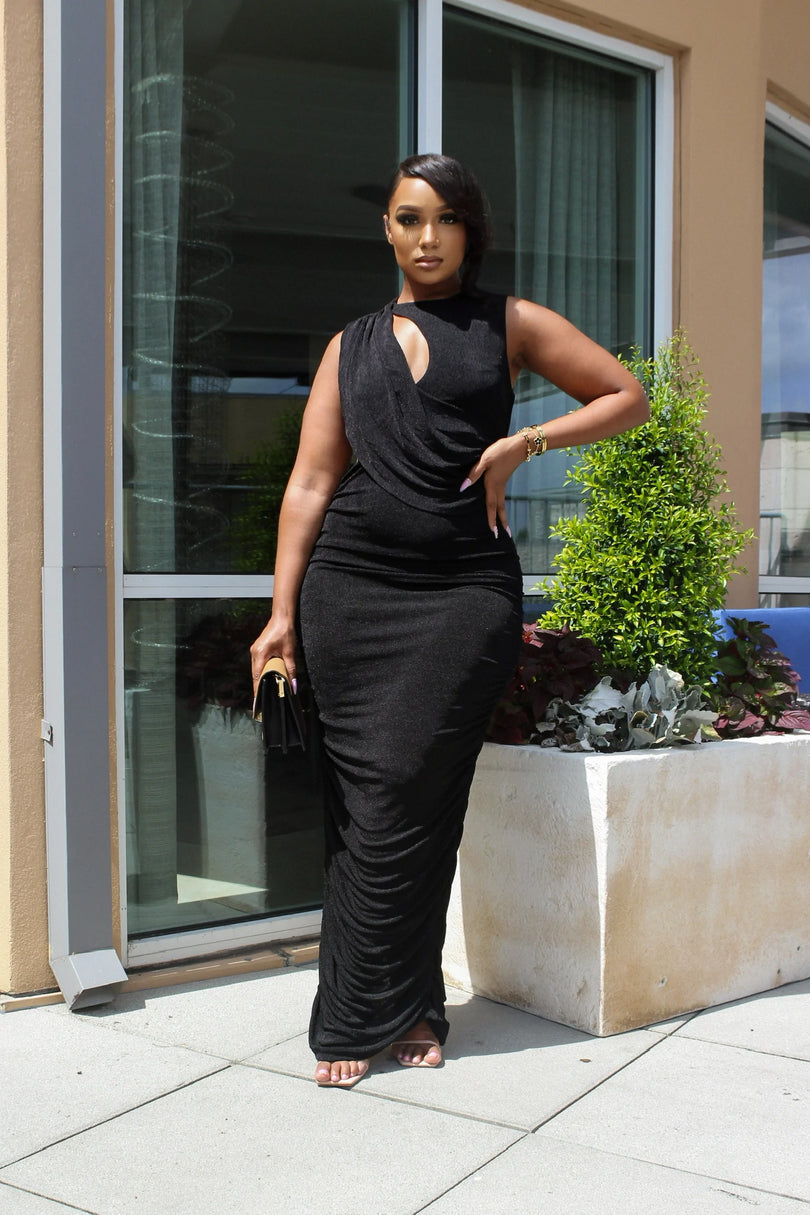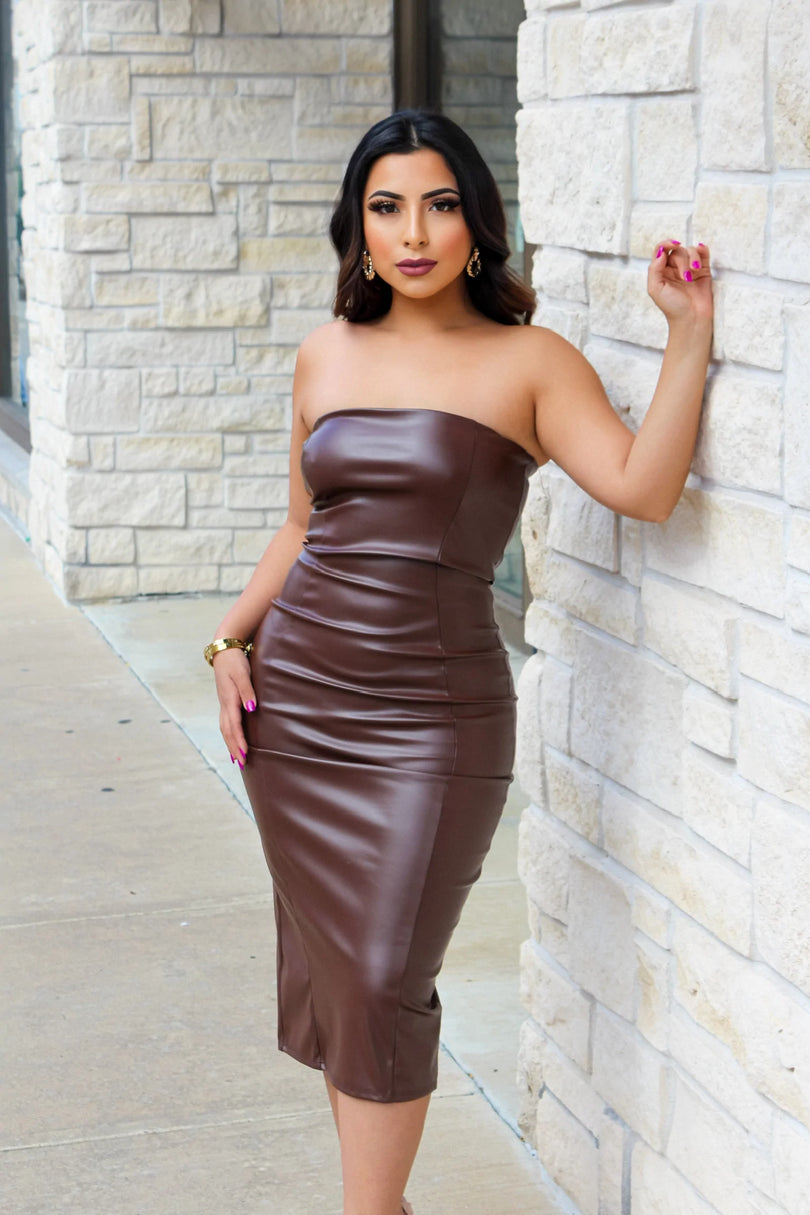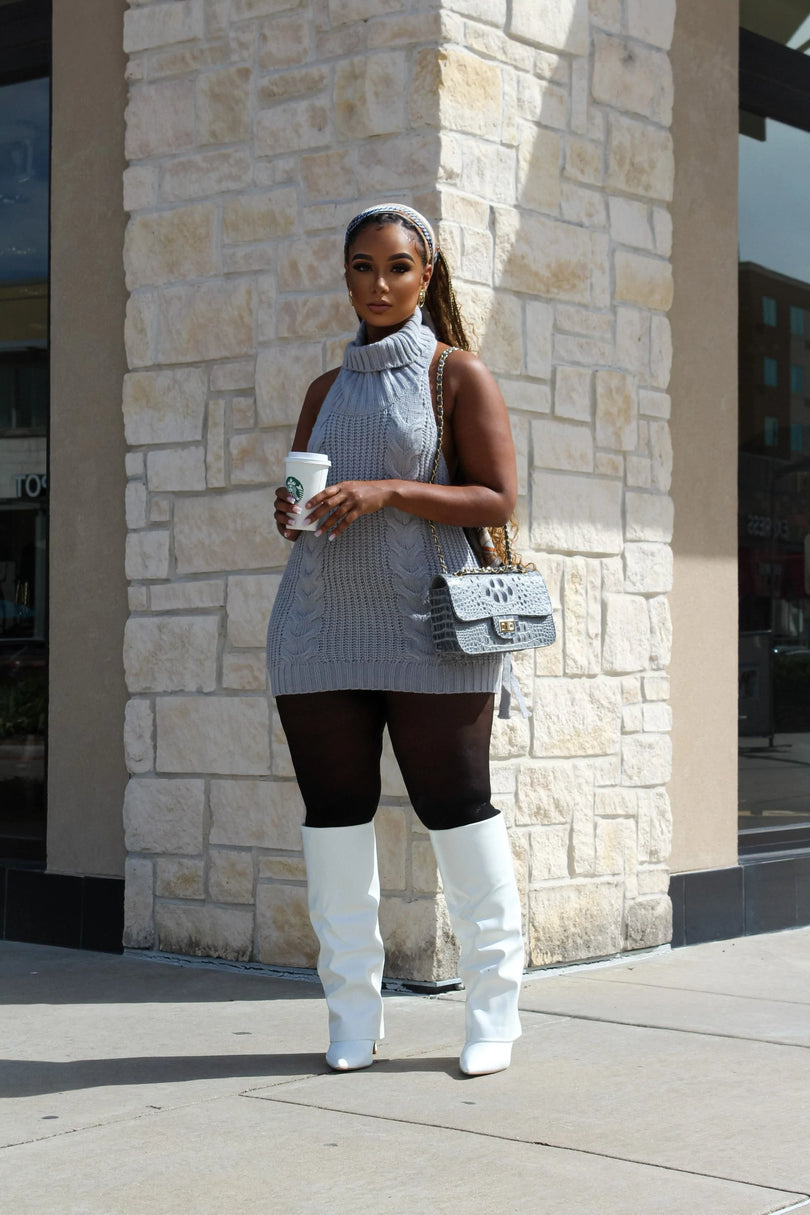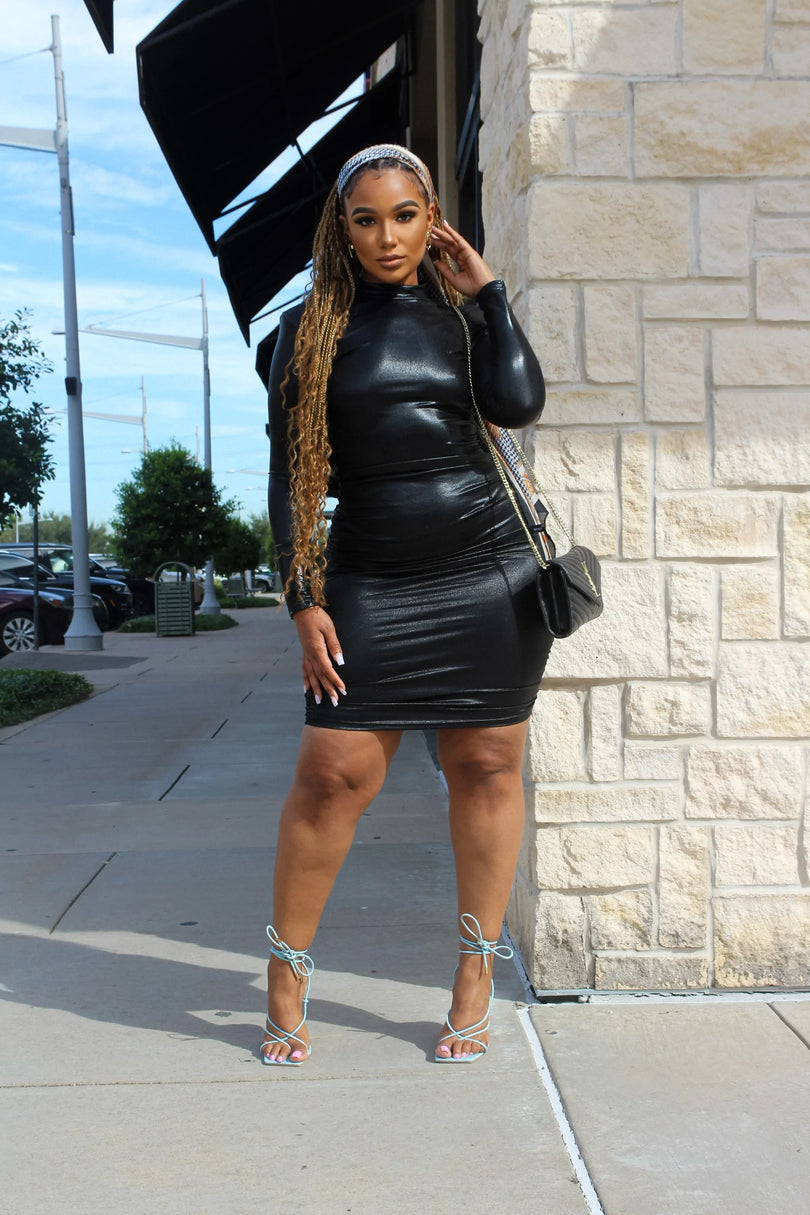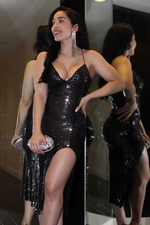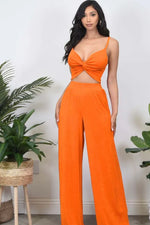Social media has become an essential part of our lives in the digital age, transforming the way we interact, communicate, and consume information. The fashion industry is one that has been profoundly affected by social media. The way that fashion trends are found, used, and shared has changed as a result of social media sites like Instagram, TikTok, Pinterest, and YouTube. This article will explore the relationship between social media and the fashion industry, looking at how these platforms affect consumer behavior, fashion trends, and the industry as a whole.

The Role of Social Media in Fashion
Social media platforms are a powerful tool for connecting with customers because of their accessibility and wide reach in the world. In the past, traditional gatekeepers like fashion editors and magazines had authority over the public's exposure of certain trends. Social media, however, has upended this hierarchy and made it possible for fashion brands to establish direct contact with their audience. Fashion brands can now communicate with their audience in real time, share daily updates, and give customers a sneak peek at upcoming collections through social media.

A new generation of fashion influencers and bloggers have emerged alongside fashion brands thanks to social media. These people have developed sizable fan bases and have a great deal of influence over their audience's fashion preferences. In addition to collaborating with brands, they offer styling advice and display their individual style preferences. Influential people in the fashion world act as role models, motivating their fans and influencing the dominant trends in the sector.
The Influence of Social Media on Fashion Trends
Fashion trends are now spreading much more quickly thanks to social media. Years ago, it might take months for a trend to make its way from the runway to the shelves of a retailer. Trends can now spread quickly thanks to social media platforms, sometimes even in a matter of hours. With users sharing their distinctive outfit combinations and naturally developing new trends, Instagram in particular has developed into a potent platform for fashion trends.

Additionally, social media has had a significant impact on consumer behavior and purchasing decisions. Users look to social media sites like Instagram for style and fashion ideas. When making decisions about what to buy, they look to recommendations from their peers and user-generated content. The "Instagram Effect" is a trend that has led to brands working with influencers to promote their goods to a larger audience. Advertising on social media has grown to be an essential tactic for raising brand awareness and promoting goods.
Challenges and Controversies of Fashion and Social Media
Even though social media has unquestionably helped the fashion industry in many ways, it is not without its difficulties and controversies. The absence of authenticity on social media is among the main issues. Images are meticulously crafted, filtered, and edited as users curate their online brand and image. This may lead to the development of irrational standards of beauty and a blending of perception and reality.
Additionally, social media has come under fire for encouraging negative body image ideals. The prevalence of photos that have been heavily edited and airbrushed can cause people to have unrealistic expectations and have a negative effect on their mental health. The demand for greater diversity and inclusion on social media platforms has grown in recent years, with brands and influencers being urged to feature a wider range of body types and sizes.

Concerns have also been raised about social media's effects on fast fashion and sustainability. Social media has contributed to the growth of fast fashion, which has negatively impacted the environment and employed unethical labor practices. In the fashion industry, overconsumption and waste are a cycle that is fueled by the constant pressure to post new outfits and the desire to stay current.
The Future of Fashion and Social Media
New opportunities and difficulties will undoubtedly present themselves as social media and the fashion industry continue to develop. How fashion trends are communicated and consumed will change as a result of the emergence of new platforms and the changing function of existing platforms. Due to the increasing demand for authenticity and inclusivity, the industry can anticipate seeing more diverse representation. Furthermore, as social media users become more conscious of the negative environmental effects of fast fashion, there might be a shift towards sustainable fashion practices.

Conclusion
In conclusion, social media is now a significant factor in determining fashion trends. It has democratized the fashion industry and made it simple for brands and individuals to connect with people around the world. The "Instagram Effect" on social media affects consumer behavior and purchase decisions, and fashion influencers are crucial for influencing trends and boosting sales. But it is crucial to address the difficulties and issues that result from social media's impact on fashion, including authenticity, ideals of the body, and sustainability. The fashion industry can utilize social media's power while advancing inclusivity, diversity, and moral behavior by comprehending and navigating these issues.
Social media unquestionably influences consumer behavior and fashion trends, and the two industries are inextricably linked. Social media platforms have democratized the fashion industry by creating a platform where different perspectives and aesthetics can be celebrated and disseminated. Influencers and content producers have become potent tastemakers who set trends and shape consumer preferences. But there are obstacles to the impact of social media on fashion, including concerns about self-esteem and body image as well as the environmental effects of fast fashion.

It is crucial that both customers and brands approach these platforms with awareness and responsibility as fashion and social media continue to change. For consumers, this means making informed decisions about their wardrobes, supporting sustainable fashion, and practicing mindful consumption. It requires businesses to prioritize ethical production, foster a positive body image, and embrace transparency and authenticity in their marketing strategies.
We can use the power of these platforms to build a more inclusive, sustainable, and liberating fashion culture by comprehending and critically examining the relationship between fashion and social media. As social media continues to reshape the fashion landscape, let us harness its power for advancement and positive change in both the sector and society at large.
